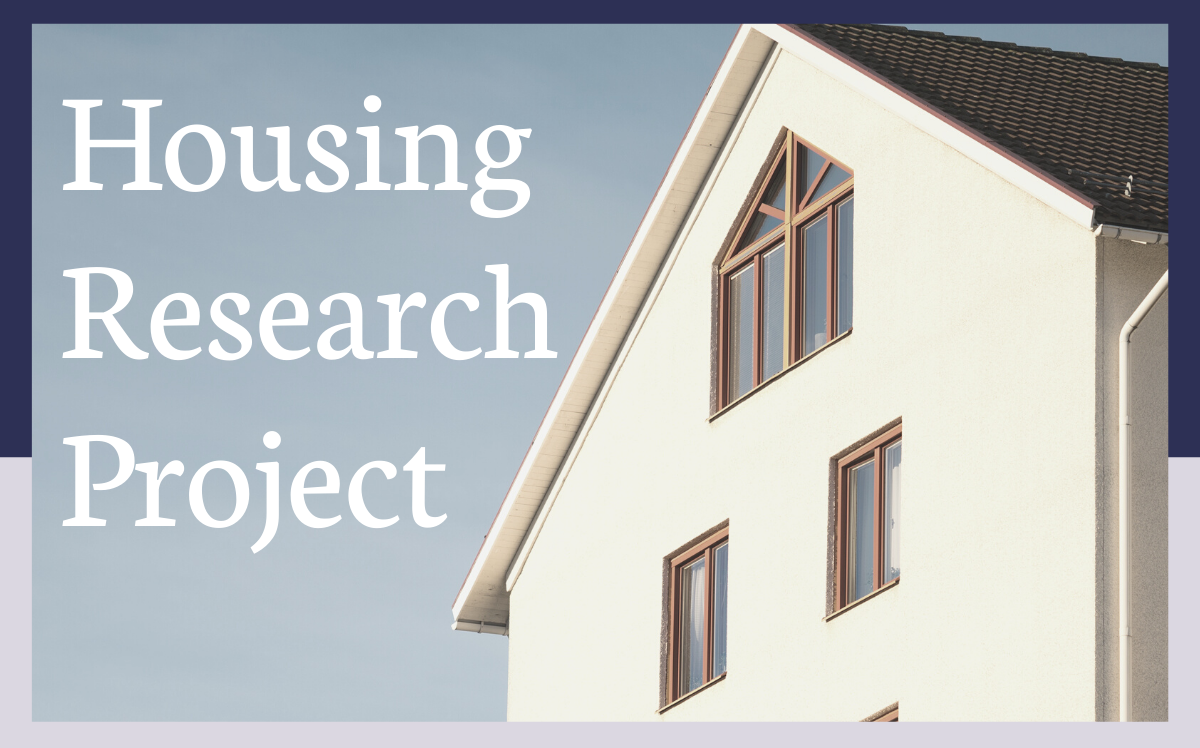End Domestic Abuse Wisconsin is opposed to Marsy’s Law.
Please read below for a detailed explanation of why we made this decision.
What is Marsy’s Law?
Marsy’s Law is an amendment to the constitution. The amendment largely duplicates existing victim protections, but goes further in several areas: victims would have the right to be heard at plea, parole, and revocation proceedings; the right to refuse defense attorneys’ interviews, deposition, or discovery requests; and the right to attend all proceedings in their cases.
Victims’ rights and defendants’ rights
Victims’ rights are not rights against the state. Instead, they are rights against another individual.
The U.S. Constitution and the constitutions of all 50 states guarantee defendants’ rights because they are rights against the state, not because they are valued more by society than victims’ rights. Defendants’ rights only apply when the state is attempting to deprive the accused – not the victim – of life, liberty, or property. They serve as essential checks against government abuse, preventing the government from arresting and imprisoning anyone, for any reason, at any time.
However, the Marsy’s Law formula includes the rights to restitution, to reasonable protection, and to refuse depositions and discovery requests, all of which are enforced against the defendant. Such rights do nothing to check the power of the government. In fact, many of the provisions in Marsy’s Law could strengthen the state’s hand against a defendant, undermining a bedrock principle of our legal system — the presumption of innocence.
Wisconsin already has clearly defined victims’ rights in statute and the current constitution. We are concerned about the potential of the amendment to further confuse a criminal justice system that is already overburdened and underfunded.
Why is this harmful for the last survivor?
The apparent contradiction between the stated goals of Marsy’s Law and End Abuse’s opposition can be explained in several ways.
- While we traditionally think of victims and defendants as existing totally separate from one another, in reality, the lines between them are often murky. The two categories may seem diametrically opposed, but numerous survivors of domestic violence across the state will find themselves sitting in court both as victims and defendants over the course of their journey to safety and empowerment. Victim arrests occur in cases of self-defense or when charged with violating their own protective orders for allowing an abusive partner into the house because they could not keep him from being disruptive outside and feared eviction. When both parties are arrested, victims often plead guilty so they can return more quickly to children or a job. Women comprise a larger proportion of the prison population than ever, and most are survivors of violence.
- Wisconsin has some of the most racially disparate criminal justice outcomes in the nation. The presumption of innocence is already not a reality experienced by domestic and sexual violence victims, especially those from marginalized communities. Routinely, biases based on race, gender, or immigration status result in the arrest of victims seeking assistance.
- Without a serious commitment to large increases in funding for various aspects of the criminal justice system, many of the requirements in this proposal could result in an increased strain on the court system. As we have now seen in other states that have passed Marsy’s Law, this is likely to result in new administrative burdens and longer delays for trials as the system attempts to comply with new constitutional provisions, an issue that already plagues victims of crime in Wisconsin today.
- Legislation that trades expanded victims’ rights for potential limits on due process could result in a wide array of problems, including negative consequences for survivors.
- Pitting victims’ rights against defendants’ rights means that defendants’ rights may lose in certain circumstances. Defendants’ rights against the state will be weakened or unenforced in some cases, potentially at a significant cost to constitutional due process. In other words, the chances that an innocent person could be convicted of a crime they did not commit could potentially increase. The proponents of Marsy’s Law may not intend for this outcome, but nothing in their formula prevents it.
- With these considerations in mind, reforming the criminal justice system does not necessarily mean simply leveling the playing field between victim and accused, but rather making the entire process trauma informed, training the court’s representatives to better understand the experience of survivors, and ensuring that currently existing resources are adequately funded to better serve victims.
The assertion that victims of crime need rights of equal weight to those of the accused is a mischaracterization of how the American criminal justice system functions. Any legislation that trades expanded victim’s rights for potential limits on due process could result in a wide array of unforeseen problems.
The focus on assisting victims is commendable, but what we hear most often from victims and advocates is not that they wish the constitution would be amended, but rather that they need a more holistic approach to criminal justice. Victims and advocates talk frequently about lack of access to legal aid, underfunding of county victim witness units, chronically overworked and underpaid D.A.s and public defenders, restrictions on access to Medicaid and other lifesaving benefits, sparse or nonexistent affordable housing in their area, and insufficient focus on interpersonal violence in our education system. Policies addressing these issues are the policies Wisconsin survivors need.
Opposing Marsy’s Law does not mean we oppose victims’ rights; it means we support the empowerment of victims in a different way. We recognize that due process is a fundamental right that in many ways serves as the foundation of the criminal justice system. We will continue to center all victims of violence in everything that we do.



